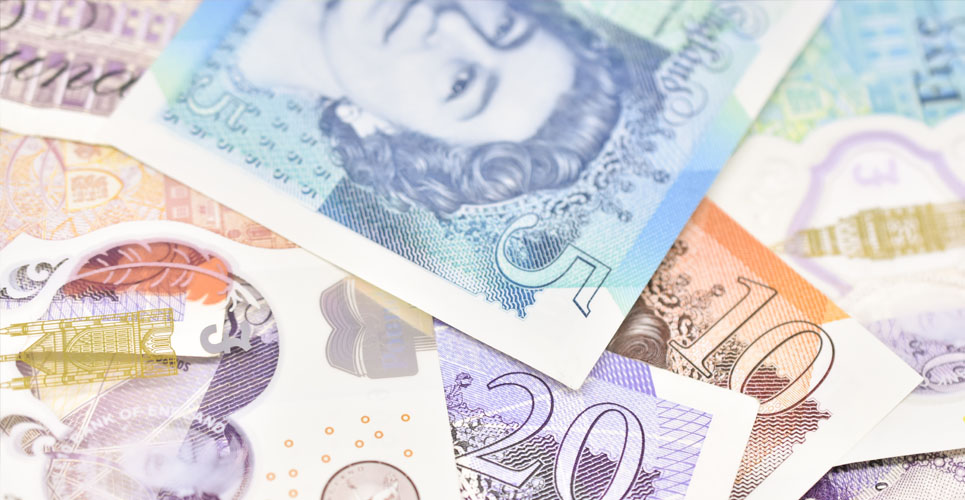teaser
A new study suggests that patients who believe a drug costs a lot tend to think it is more effective.
Scientists from Duke University in Durham, North Carolina, carried out research into the “placebo effect”, and found that the price of a dummy painkiller psychologically influenced the way patients responded to it.
They discovered that a placebo pill costing $2.50 worked better than a cut price one costing just 10 cents.
Professor Dan Ariely, a behavioural economist at the university, and colleagues from the Massachusetts Institute of Technology in Boston administered light electric shocks to the wrists of 82 volunteers and measured their pain response.
Participants were given the test before and after receiving a painkilling placebo pill. Half were given a brochure describing the pill as a newly approved drug costing $2.50 a dose, and half were told it had been reduced to 10 cents.
In the full price group, 85% of the volunteers experienced a reduction in pain when they took the pill before the shock. In the low price group, 61% felt less pain.
Professor Ariely said: “Physicians want to think it’s the medicine and not their enthusiasm about a particular drug that makes a drug more therapeutically effective, but now we really have to worry about the nuances of interaction between patients and physicians.”
Copyright © PA Business 2008
Your comments: (Terms and conditions apply)
“I experienced the fact that patients tend to positively correlate efficacy with cost. Nonetheless, patient compliance may be at stake here. Cost minimisation should always be the main priority, especially for low-income social subgroups, as patient compliance is at stake. This may lead to patients failing to comply with therapy and hence effecting therapeutic efficacy to a higher degree than if a patient is consciously taking a cheap drug.” – Clayton J Fsadni, contact details supplied

